- Home
- Billionaires
- Investing Newsletters
- 193CC 1000
- Article Layout 2
- Article Layout 3
- Article Layout 4
- Article Layout 5
- Article Layout 6
- Article Layout 7
- Article Layout 8
- Article Layout 9
- Article Layout 10
- Article Layout 11
- Article Layout 12
- Article Layout 13
- Article Layout 14
- Article Sidebar
- Post Format
- pages
- Archive Layouts
- Post Gallery
- Post Video Background
- Post Review
- Sponsored Post
- Leadership
- Business
- Money
- Small Business
- Innovation
- Shop
Recent Posts
Jamie Dimon: Rate Cuts Won’t Affect Election
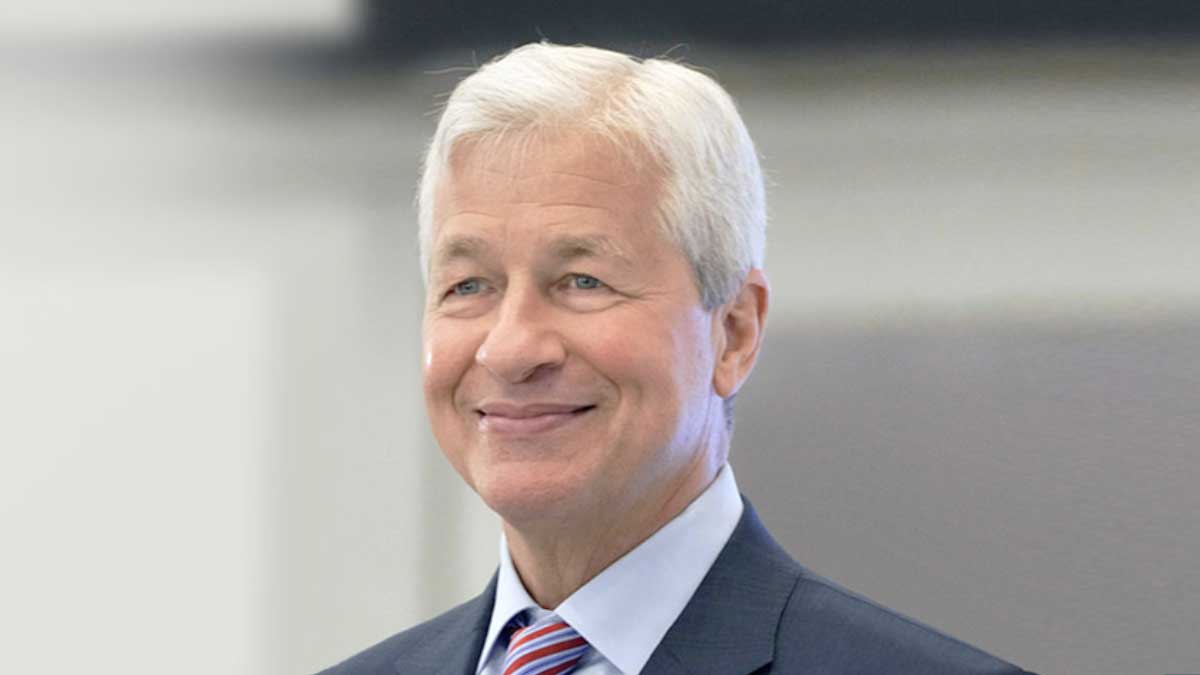
This week’s interest rate cuts, announced by the Federal Reserve, are unlikely to sway the outcome of the upcoming presidential election in November, according to JPMorgan Chase CEO Jamie Dimon. On Friday, Dimon expressed skepticism regarding the political significance of the rate cuts, despite support from Democrats and claims by former President Donald Trump and his allies that the Federal Reserve’s decision was politically motivated.
Speaking at a panel hosted by The Atlantic, Dimon discussed the Federal Reserve’s choice to reduce the federal funds rate by 0.5 percentage points. This marked the Fed’s first rate cut since March 2020 and a larger cut than many economists had anticipated, as they had forecasted a 0.25 percentage-point reduction. Dimon, however, downplayed the potential impact of the move on the election, stating that it would have “almost no effect” on the November presidential race.
“The decision to lower rates is a minor factor,” Dimon noted, emphasizing that the financial markets had already been expecting the Federal Reserve to implement a series of cuts in the coming months. The Fed’s decision followed its final policy-setting meeting before the election, which heightened the political scrutiny surrounding the move. Still, Dimon dismissed the idea that the timing of the cuts would influence voter behavior, pointing out that a relatively small percentage of Americans are even aware of such economic shifts.
Dimon suggested that only about “5%” of Americans were likely to be familiar with the Fed’s rate cuts, even though polling consistently shows that the economy remains a top concern for voters. Interest rate decisions have a significant impact on the economy, as they typically influence hiring, business investment, and consumer spending. However, Dimon argued that the broader economic effects of this rate cut would be limited, particularly in terms of swaying the electorate.
The Federal Reserve’s move was met with approval from Democrats, including Vice President Kamala Harris, the Democratic presidential nominee. In a press release issued Wednesday, Harris described the rate cut as “welcome news for Americans,” and she framed the decision as part of broader efforts to strengthen the economy ahead of the election. On Thursday, President Joe Biden echoed this sentiment, calling the rate cut “good news” and a sign of “progress” in the fight against inflation.
Inflation reached a 41-year high in 2022, prompting the Federal Reserve to aggressively raise interest rates in response. Those rate hikes were seen as necessary to control inflation, but they also stoked concerns about slowing economic growth. Now, with inflation gradually easing, the Fed has shifted toward cutting rates once again. Experts had long predicted that the central bank would lower rates this year, and the decision was seen as part of a broader strategy to sustain economic growth while keeping inflation in check.
On the Republican side, however, there was less enthusiasm for the Federal Reserve’s rate cut. Former President Trump criticized the move, claiming it could have political motivations. In an interview with Bloomberg in June, Trump suggested that the Fed should avoid making significant monetary policy decisions so close to the election. After the Fed’s decision became official, Trump accused the central bank of “playing politics,” while his vice presidential pick, Ohio Senator J.D. Vance, similarly criticized the timing of the rate cut, questioning the rationale for making such a move “in the midst of an election.”
Despite these criticisms, the Federal Reserve has long maintained its independence from political influence. The central bank is tasked with managing monetary policy based on economic conditions, not political considerations, and it operates separately from elected branches of government. Nevertheless, the proximity of the rate cut to the election has led to heightened speculation about its potential impact on the political landscape.
As the head of JPMorgan Chase, the largest bank in the United States, Jamie Dimon’s opinions on the economy and monetary policy carry significant weight. JPMorgan’s assets totaled $3.5 trillion as of June 30, a figure nearly $1 trillion greater than that of the next largest bank in the country. Additionally, JPMorgan’s market capitalization, which stands at approximately $600 billion, is nearly twice that of its closest competitor, Bank of America, which has a market cap of around $310 billion.
Dimon’s personal wealth, valued at $2.3 billion, is largely derived from his stake in JPMorgan, making him one of the most prominent figures in American finance. Though Dimon briefly served as a policy advisor to Trump in 2017, their relationship soured, with Dimon later declaring that he was “smarter” than the former president. In fact, Dimon was once considered for the position of treasury secretary during the Obama administration in 2012, and more recently, Trump floated the idea of appointing Dimon to the same role should he win the election.
Dimon’s influence in both the financial world and in public policy discussions has made him a key player in debates over the future of the economy. He has expressed concern about some of the policies proposed by both major presidential candidates. For instance, Dimon warned that this year’s election could be “more consequential in the short run” for the economy than previous elections, due to policies advocated by both Harris and Trump. Harris has called for measures like “price gouging” bans, while Trump has supported aggressive tariffs—both of which Dimon suggested could hinder economic growth.
Dimon’s remarks come at a time when the Federal Reserve’s actions are under increased scrutiny, particularly as the central bank navigates the delicate balance between controlling inflation and promoting economic growth. Interest rate cuts are generally seen as a tool to stimulate the economy by making borrowing cheaper, encouraging investment, and boosting consumer spending. However, with the election just weeks away, any major economic decisions are bound to be viewed through a political lens.
While Dimon remains convinced that the Federal Reserve’s rate cuts will have little direct impact on the election, the broader implications for the economy and voter sentiment remain uncertain. As both major political parties continue to spar over economic policy, the role of the Federal Reserve in shaping the country’s economic future is likely to remain a central issue leading up to November.
Recent Posts
Categories
- 193 Countries Consortium Partner1
- 193cc Digital Assets2
- 5G1
- Aerospace & Defense48
- AI37
- Arts3
- Banking & Insurance11
- Big Data3
- Billionaires1,467
- Boats & Planes1
- Business332
- Careers13
- Cars & Bikes79
- CEO Network1
- CFO Network17
- CHRO Network1
- CIO Network1
- Cloud10
- CMO Network18
- Commercial Real Estate7
- Consultant1
- Consumer Tech194
- CxO1
- Cybersecurity73
- Dining1
- Diversity, Equity & Inclusion4
- Education7
- Energy8
- Enterprise Tech29
- Events11
- Fintech1
- Food & Drink2
- Franchises1
- Freelance1
- Future Of Work2
- Games149
- GIG1
- Healthcare79
- Hollywood & Entertainment203
- Houses1
- India’s 1000 Richest1
- Innovation46
- Investing2
- Investing Newsletters4
- Leadership65
- Lifestyle11
- Manufacturing1
- Markets20
- Media327
- Mobile phone1
- Money13
- Personal Finance2
- Policy569
- Real Estate1
- Research6
- Retail1
- Retirement1
- Small Business1
- SportsMoney42
- Style & Beauty1
- Success Income1
- Taxes2
- Travel10
- Uncategorized14
- Vices1
- Watches & Jewelry2
- world's billionaires1,436
- Worlds Richest Self-Made Women2
Related Articles
HBO and Cablevision Founder Charles Dolan Dies at 98
Charles Dolan, the visionary founder of HBO and Cablevision, passed away at...
By 193cc Agency CouncilDecember 30, 2024Bitcoin Reaches $100K, But Altcoins Outperform in 2024
Bitcoin’s performance in 2024 was nothing short of historic, as it crossed...
By 193cc Agency CouncilDecember 28, 2024Apple Unveils Limited-Edition Year of the Snake AirTag in Japan
In an announcement that will likely leave Apple enthusiasts excited but also...
By 193cc Agency CouncilDecember 27, 2024Mega Millions Jackpot Hits $1.15B; Winner Faces Major Taxes
The Mega Millions jackpot has soared to an estimated $1.15 billion, following...
By 193cc Agency CouncilDecember 26, 2024






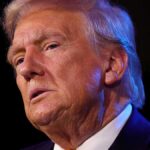




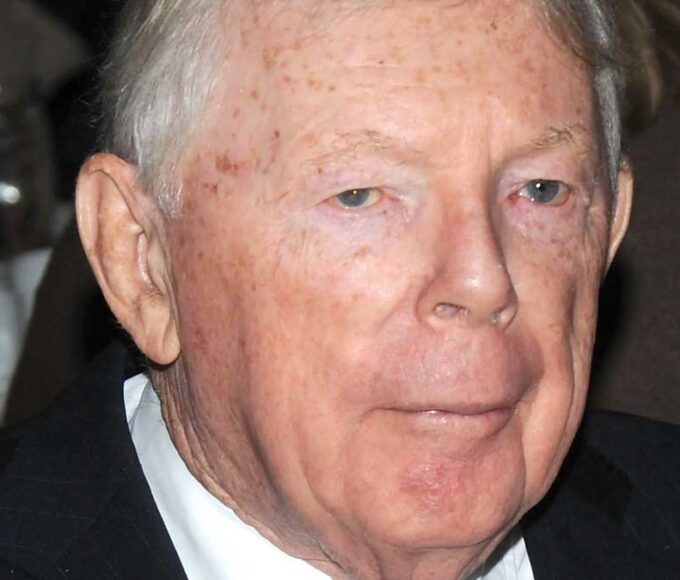
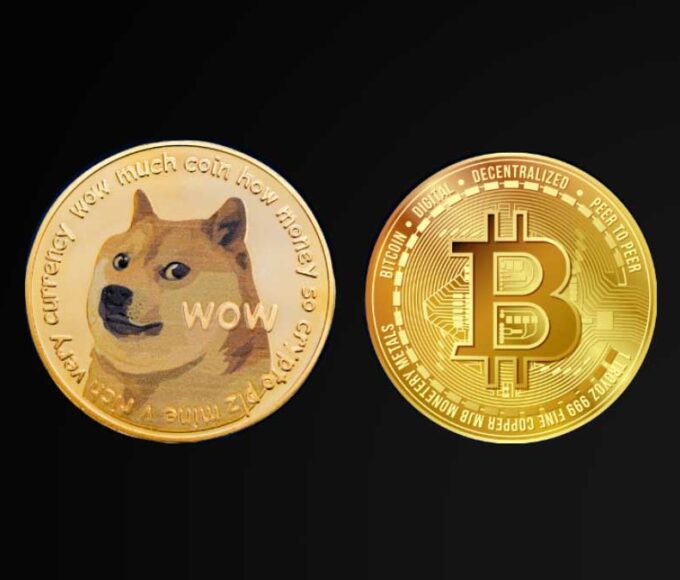
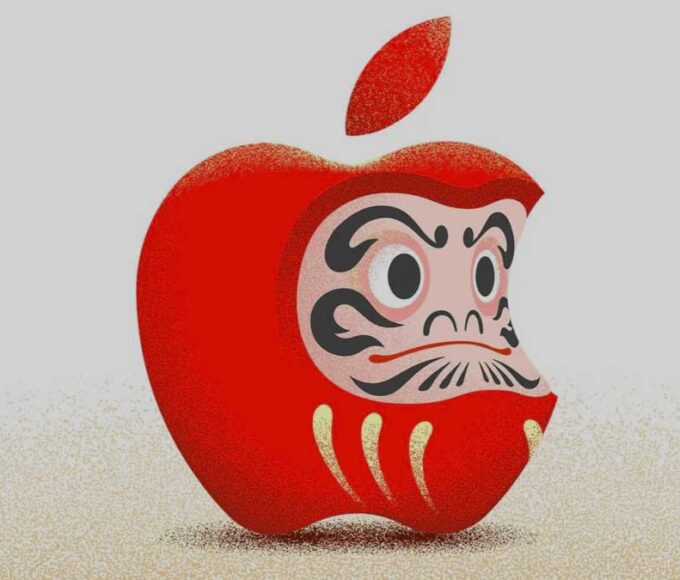

Leave a comment